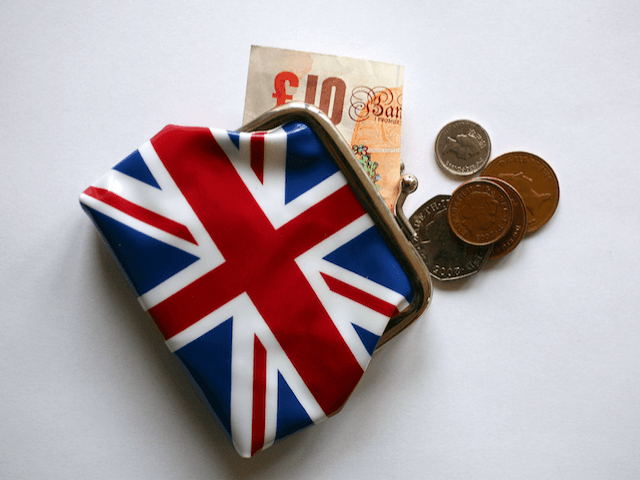LONDON (AP) — Bank of England Governor Mark Carney sought Wednesday to quantify the short-term hit of Brexit to British households, but expressed hope that living standards will finally start to improve this year following a period of rising inflation.
Addressing a lawmakers’ committee, Carney predicted that average wages will rise by more than inflation this year, giving a boost to economic activity at a time when the economy is facing uncertainty linked to the country’s looming exit from the European Union.
“The effect of the uncertainty around future trading relationships is having an impact on the demand side of the economy,” Carney said. “I don’t think that’s controversial, it’s pretty clear … We have moved from the top of the pack to the bottom.”
The Brexit vote of June 2016 is the key event, Carney said, to explain why Britain has fallen down the global growth table. Carney noted that businesses invested around 3 percent less than they otherwise would have done last year.
From being one of the fastest-growing economies in the Group of Seven leading industrial nations, Britain is now one of the slowest. In 2017, the British economy expanded by 1.8 percent — still better than many forecasters predicted before the referendum largely because the ensuing 15 percent or so fall in the pound gave a boost to exporters, particularly to those trading with countries in the EU where trade remains free.
Britain is due to leave the EU in March 2019 but there is uncertainty over how it will do so. Carney has laid out his hope that a transition deal will be agreed on soon whereby Britain remains in the tariff-free European single market and customs union. Business lobby groups are urging clarity so they can plan ahead.
By subscribing, you agree to our terms of use & privacy policy. You will receive email marketing messages from Breitbart News Network to the email you provide. You may unsubscribe at any time.
The Brexit vote triggered inflation as the pound’s fall raised the cost of imported goods, notably energy and food. From below 1 percent, annual inflation is running at 3 percent, an increase that has already prompted the Bank of England to raise interest rates for the first time in a decade.
Carney sought to provide clarity on the scale of the cost to household incomes since the referendum. Real wages, he said, have been 3.5 percent lower than the bank had been predicting before the referendum as a result of the higher inflation and weaker increase in wages. That gap, which in effect operates like a tax hike, should widen to 5 percent this year before real incomes start growing again, he added.
Wage growth has been stubbornly low even though unemployment has fallen to its lowest rate since the mid-1970s. That is partly linked to uncertainties related to the global financial crisis a decade ago as well as Brexit.
“Fewer people have been moving between jobs during the course of this recovery than would be typical of a normal recovery and that’s held back to some degree the pace of the pay pick-up,” Andy Haldane, the Bank of England’s chief economist, told lawmakers.
But there are signs that wages are beginning to rise. Official figures released Wednesday showed average weekly earnings in the three months to December excluding bonuses were up 2.5 percent on the previous year, ahead of the previous month’s 2.3 percent.
“We do think that the long-awaited pick up in wages is starting to take root,” said Haldane.
Should wage growth rise as expected, it will soon outstrip inflation, which is expected to ease after the Bank of England hiked its main rate by a quarter-point last November and as previous price rises linked to the fall in the pound drop out of the annual comparison.
Carney and other rate-setters also kept the door ajar to another rate hike this year but stressed that much depends on developments beyond their control, including the Brexit discussions which have entered a crucial stage focusing on future trading relations.
This month, the Bank of England surprised many in the markets by indicating that it could make another quarter point rate hike, to 0.75 percent, in May.
One development that may complicate matters for rate-setters is the news that unemployment in Britain rose in the three months to December for the first time in nearly two years, albeit by a modest 0.1 percentage point to a still historically low 4.4 percent.

COMMENTS
Please let us know if you're having issues with commenting.